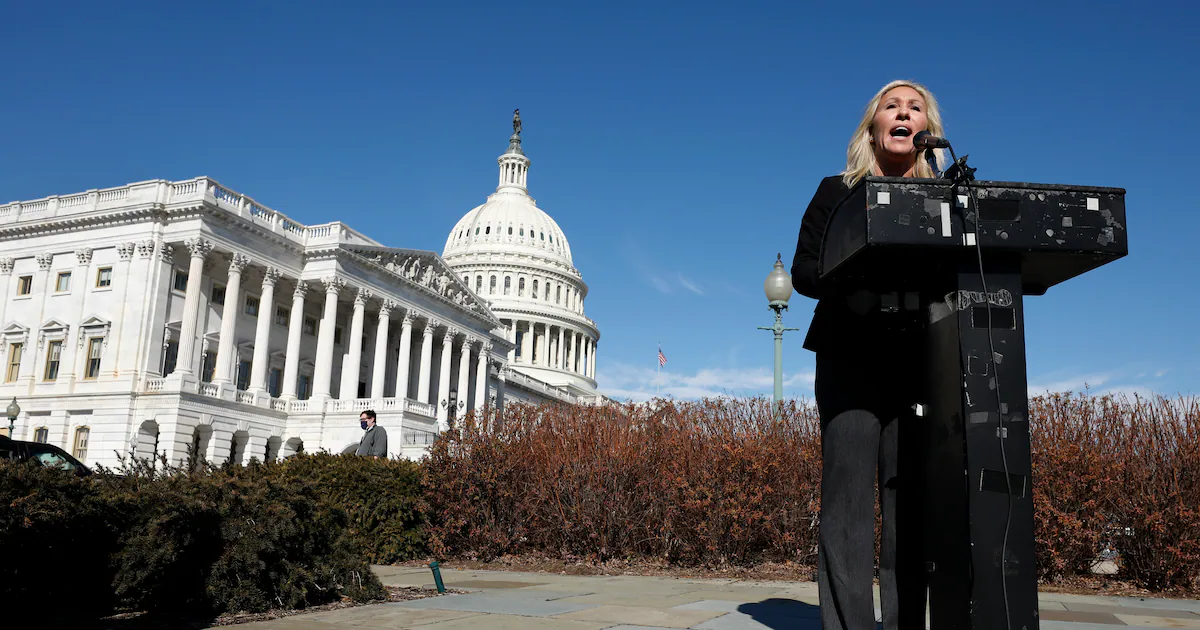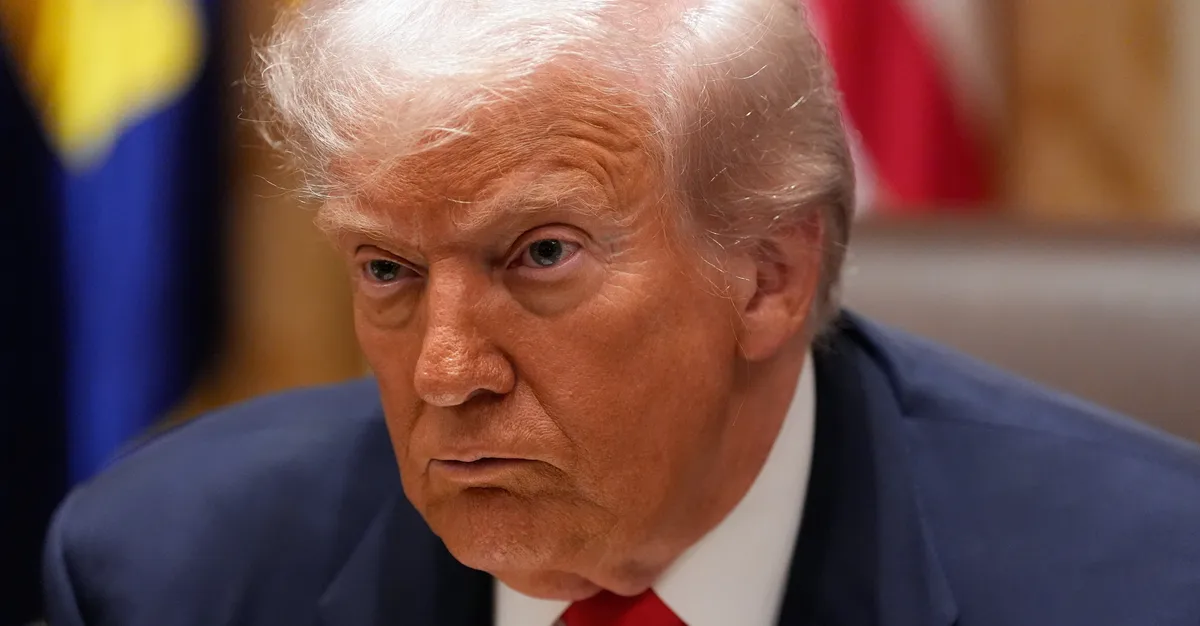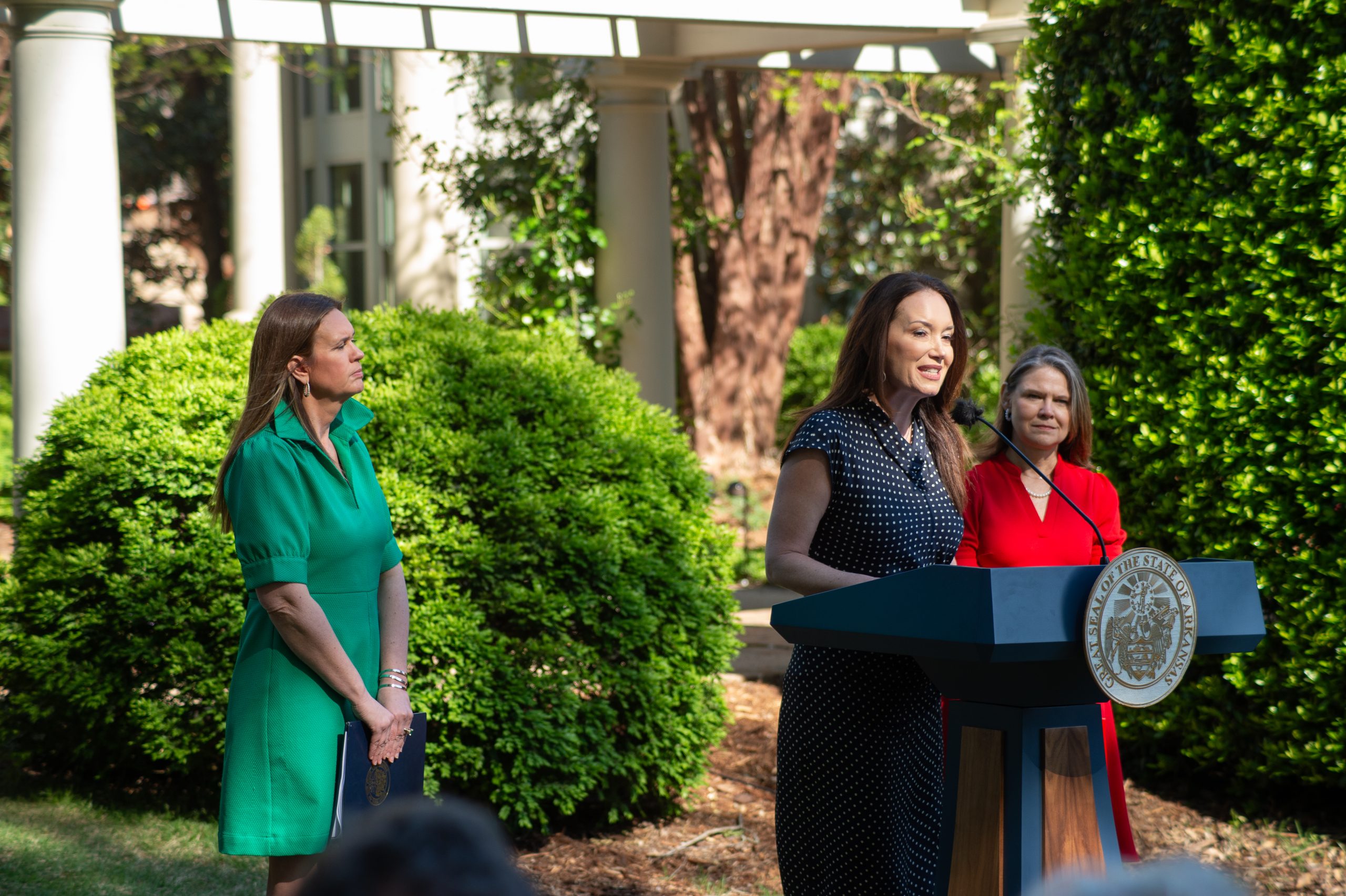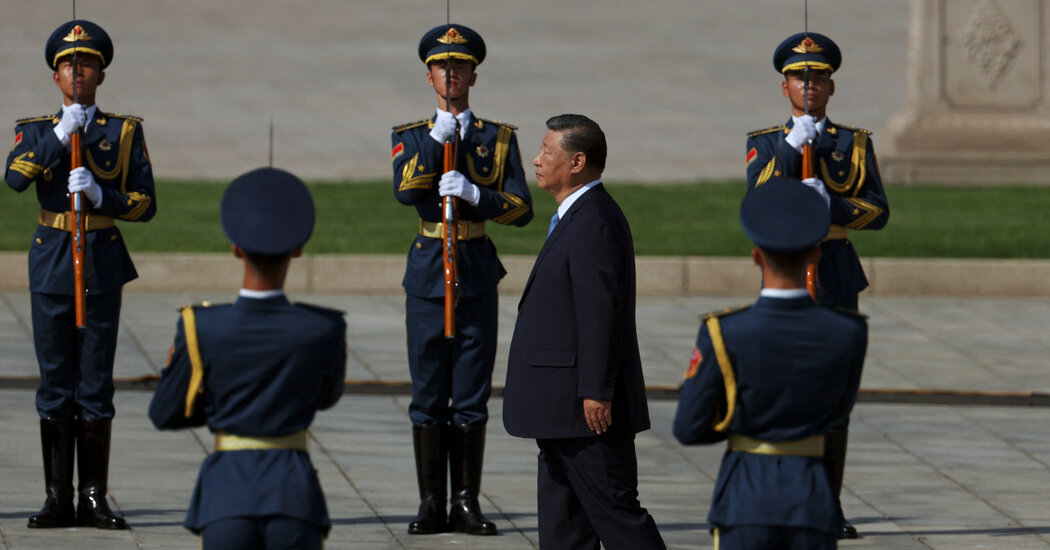Copyright independent
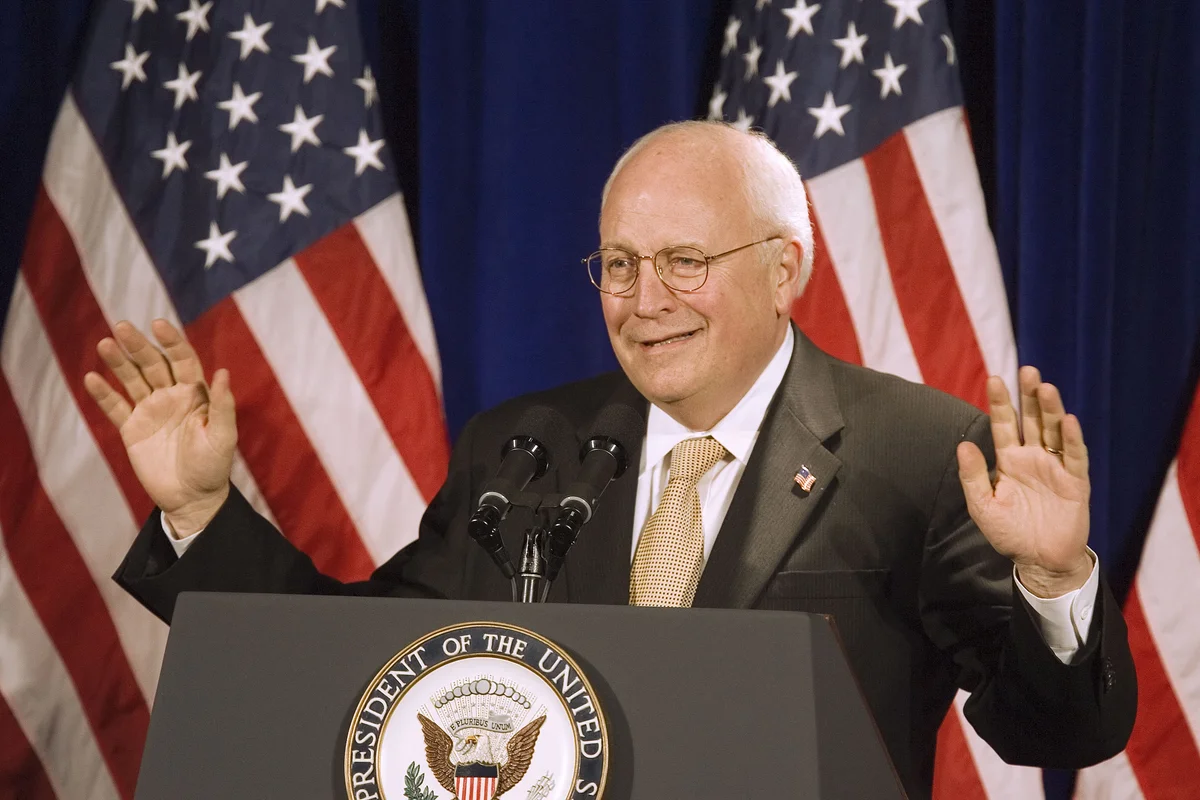
Dick Cheney’s longtime physician shed light on the former vice president’s enduring health struggles - especially with his heart - following his death at 84. Cheney — who served as vice president under former President George W. Bush — passed away due to complications of cardiac and vascular disease, as well as pneumonia, his family announced Tuesday. His cardiologist, Dr. Jonathan Reiner, spoke to CNN shortly after the news was revealed, describing the Nebraska-born Republican as a “remarkable patient.” Reiner, who had overseen Cheney’s care since 1998, said the former vice president suffered from numerous ailments over the years — but had always managed to pull through. “He was the most complicated patient I ever cared for,” Reiner said. “And he happened to be the vice president of the United States.” Reiner noted that Cheney — described by many as the architect of the war on terror — sustained his first heart attack at age 37, while campaigning for Wyoming’s at-large House seat in 1978. He had “very premature heart disease,” the physician said. “When he had that heart attack, there was nothing that medicine really could do for people with heart attacks except hope they didn’t die.” Yet, Cheney went on to live a “vigorous” life, Reiner said. The polarizing figure served as secretary of defense under former President George H.W. Bush and CEO of Haliburton. As vice president, he played a pivotal role in shaping the U.S. military interventions in Iraq and Afghanistan conflicts that resulted in hundreds of thousands of deaths. Throughout this time, he had several more heart attacks. He also underwent a heart transplant in 2012, which he described as “the gift of life itself.” His survival in spite of these health issues is a testament to the advances of modern medicine. “He was emblematic of what medicine has been able to do over the last half century in terms of treating people with coronary artery disease,” Reiner said. “Every time he approached one of these red lights because of his disease, medicine had just developed something that could help him,” Reiner said, citing bypass surgery and coronary stents as examples. While perceived by many as abrasive in the political arena, Cheney was agreeable when it came to his health regimen. “He was the easiest patient,” Reiner said. “He never let politics or his office get in the way of doing the right thing for his health.”
